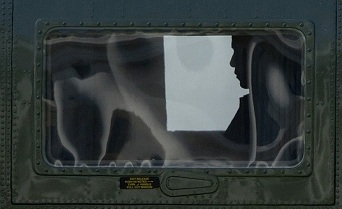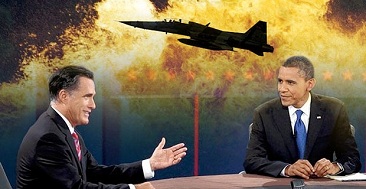Israel’s Real Agenda: Expand And Obtain As Much Palestinian Land As Possible

RE Map: Why does Israel continue to build settlements on the west bank and continue its expansionist policies? The ultimate goal is to capture all of ‘Eretz Israel’. The ‘Promised Land’ extends from the River of Egypt to the Euphrates. It includes parts of Syria, Lebanon, Egypt, Jordan, Iraq, a bit of Turkey and Saudi Arabia. Yasser Arafat always used to keep an Israeli coin in his pocket showing Israel with the ‘Eretz Israel’ borders, to remind people that they shouldn’t be fooled by the Zionists, as they have no defined borders and continue to expand their land.
Most observers have become wearied by Israeli Prime Minister Benjamin Netanyahu’s frequently voiced demands that Iran must be attacked because it is a threat to the entire world. The reality is otherwise, that Iran’s theocratic government’s security apparatus oppresses mostly its own people and its military lacks the capabilities that would enable it to threaten either Israel or the United States. Israel’s government knows that perfectly well and has even conceded that Iran currently has no nuclear weapons program, a viewpoint shared by America’s CIA. It also knows that any attempt by its air force and navy to attack Iran would be fraught with peril, quite likely leading to a regional war in which Israel would sustain considerable damage even if it would ultimately prevail due to its superior armaments provided by the United States.
So if Iran is no threat and Israel is incapable of staging a successful attack using its own resources, why is there a constant drumbeat from Netanyahu? One might suggest that Israel has been all along intending to let Washington do the fighting and dying for it by creating a sense of urgency over what Iran’s intentions and capabilities might actually be. Useful idiots in Congress, most recently Senators Kirk and Menendez, continue to push through resolutions demanding more and harsher sanctions against Iran. This demonization effort has been successful in that it has placed the US Congress firmly on the side of wrecking the Iranian economy as a means to eliminate Tehran’s nuclear program while prominent media spokesmen have been voicing much the same sentiment. Mitt Romney also drank the Kool aid, pledging to stop Iranian “capability” to create a nuclear weapon, something that it already has, before demonstrating that he did not even know where Iran was located. Because of the misinformation that circulates freely, opinion polls suggest that most Americans believe that Iran already has a nuclear weapon and constitutes a threat, though few would want a new war in the Middle East to deal with it.

































